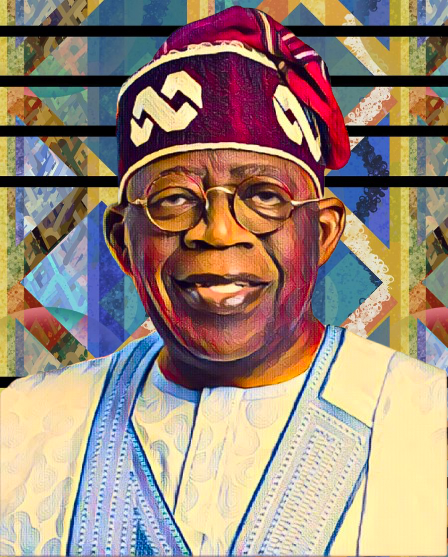KEY POINTS
- President Tinubu assured IMF of his commitment to protecting the poor amid economic reforms.
- He highlighted initiatives to improve education and social safety nets for vulnerable Nigerians.
- Tinubu discussed plans to expand Nigeria’s tax base and stimulate infrastructure development.
President Bola Tinubu has insisted that Nigeria’s poor and vulnerable citizens are not forgotten by his administration, admitting that recent reforms have led to an economic hard time.
During a courtesy visit by the International Monetary Fund (IMF) Managing Director Kristalina Georgieva, on the sidelines of the G20 Leaders’ Summit in Rio de Janeiro, Brazil, President Tinubu said social safety nets would help to cushion the unintended consequences of economic reforms.
Welfare as a priority
The President said even as he acknowledged that subsidy removal and forex liberalization have eaten into purchasing power, ‘Wehave started seeing positive results from our reforms and the Nigerian people now understand the need for them’. We must reduce the hardship, however, that resulted from implementation.”
“We’ve got too many kids not in school, and we know education is a way out of hunger and poverty,” he reemphasized his administration’s commitment to education as a long term solution to poverty. That is why we are coming up with ways and incentives to keep those children in school, and we need your support.”
Infrastructure development and tax reform
Mr Tinubu also said that efforts were underway to widen the tax base for Nigeria without overly burdening its citizens. ‘Starting from there, we are engaging with stakeholders and sensitizing Nigerians to broaden the tax base of the economy for inclusive developmental growth,’ he said.
He also stressed that it was important to make huge infrastructural investments to spur sustainable development.
IMF applauds Nigeria’s reforms
Nigeria recommenced IMF programme, IMF Managing Director hailed Nigeria’s reform initiatives, hailing them as critical steps Nigeria needs to take to achieve economic stability and growth.
Georgieva praised the government’s social investment programmes meant to cushion the effects of reforms on vulnerable Nigerians. The IMF also promised Nigeria’s technical support for her budgeting process and efforts to diversify her economy.
“We’ve often mistaken what the IMF is because people only hear about the occasional crisis – they struggle to understand what is really happening,” she said, adding that now is the time for the IMF to highlight its focus on developing vulnerable societies and directing ample resources to emerging economies.
The IMF is also ready to assist with the building of resilient institutions to manage future global shocks, and over the last two years the IMF has provided about $1 trillion into the world economy to help blunt the effects of the pandemic, she said.
Africa engaging more with IMF
Announcing the Fund’s approval of a third chair for Sub Sahara Africa on its Executive Board to amplify Africa’s voice, the IMF Managing Director satisfaction with Nigeria’s hosting of the IMF’s African Caucus meeting in August.
But Georgieva called for stronger regional economic ties and assured IMF support in furthering the cause for regional integration.


